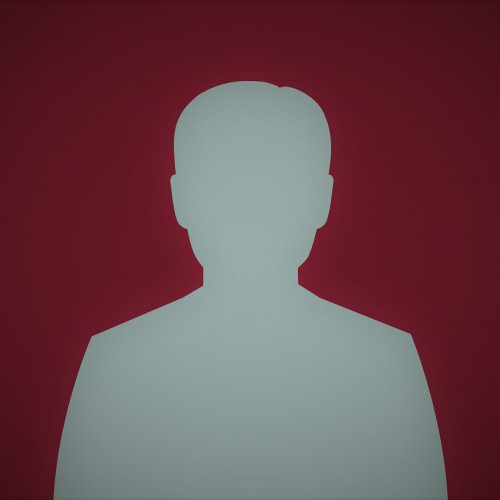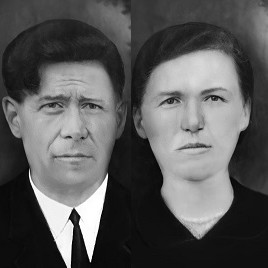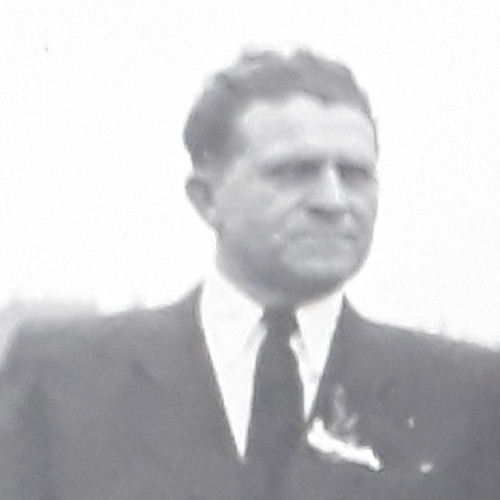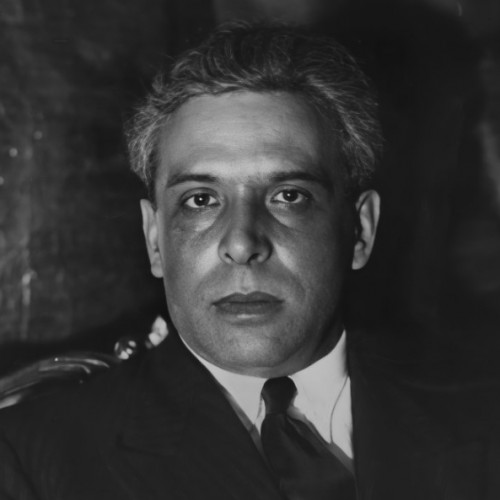Antoni Nagórka (1901—1977) - Instytut Pileckiego

Antoni and Władysława Nagórka lived at the edge of the town. Before the war, Antoni worked for the railways, and Władysława was a housewife. During the war they saved five Jews from the Holocaust.
Before the war, the population of Otwock near Warsaw — a town famous for its health resorts – numbered over 10,000 Jews. September 1939 brought an end to their community, which had been developing since the 19th century. During the German occupation, they were in danger of persecution and deportation. In 1940 the Germans separated Jews and Poles, who used to live side by side. The Jews from Otwock and its environs were resettled in a newly-established ghetto. During the liquidation operation of 1942, thousands of them were murdered or sent to the extermination camp in Treblinka.

Antoni and Władysława Nagórka lived at the edge of the town. Before the war, Antoni worked for the railways, and Władysława was a housewife. During the war they saved five Jews from the Holocaust. One of them was Benjamin Krochmalik. It is likely that they had known each other before the war — Krochmalik used to be a barber in nearby Kołbiela. In August 1942, while he was returning from work outside the ghetto, Władysława warned him that he might be arrested and deported. She offered him shelter. Hidden in Antoni and Władysława’s house, Benjamin survived the occupation. After the war he settled with his family in Australia, but in 1973 he started visiting the Nagórkas every year.
See also
- Fedor Bojmistruk (1905-1978) Kateryna Bojmistruk (1909-2000)

awarded
Fedor Bojmistruk (1905-1978) Kateryna Bojmistruk (1909-2000)
“I was crying in the barn, next to the corpses of two boys and an elderly man. I was holding a tiny piece of bread in one hand and a handkerchief with two letters in another. The letters were probably my initials.
- Jozef Lach (1905–1993)

awarded
Jozef Lach (1905–1993)
One night in October 1939, four men knocked on the door of Jozef and Žofia Lach’s home in Poprad, Slovakia. They came from the nearby Tatra Mountains, from occupied Poland.
- César de Sousa Mendes do Amaral e Abranches

awarded
César de Sousa Mendes do Amaral e Abranches
(1885–1955)In the 1930s, César de Sousa Mendes was at the height of his diplomatic career. He worked at missions in Africa, Europe, America and Asia. He was Portugal’s Minister of Foreign Affairs for a year.


